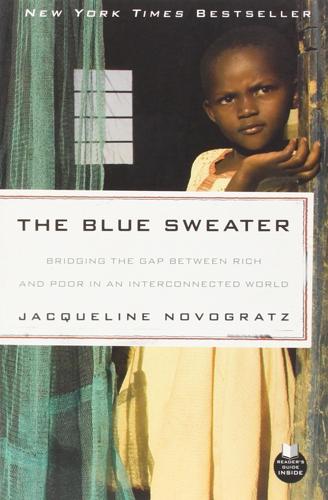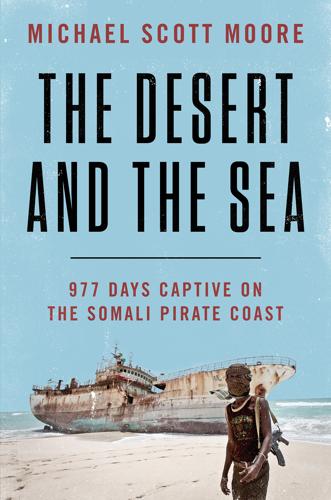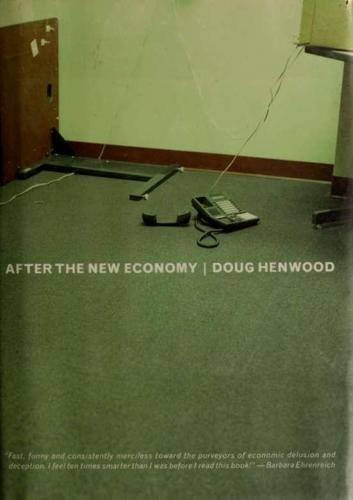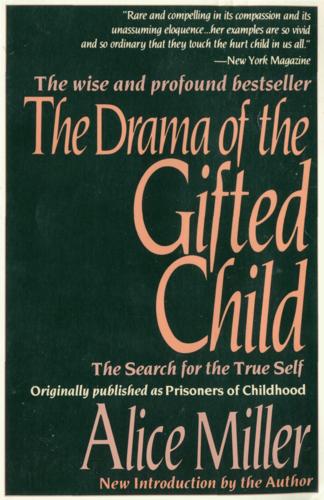
Food and Fuel: Solutions for the Future
by
Andrew Heintzman
,
Evan Solomon
and
Eric Schlosser
Published 2 Feb 2009
A Canada-wide hydrogen game plan that emphasizes the installation of renewable technologies and a hydrogen fuel-cell infrastructure in poor urban and rural communities can help to create energy independence among Canada’s most vulnerable populations. Empowering the Developing World Incredibly, 65 percent of the human population has never made a telephone call, and a third of the human race has no access to electricity. Today, the per-capita use of energy throughout the developing world is a mere one-fifteenth of the consumption enjoyed in the United States. Narrowing the gap between the haves and have-nots means first narrowing the gap between the connected and the unconnected.

The Zenith Angle
by
Bruce Sterling
Published 27 Apr 2004
Then we could short their stock and buy Iridium competitors, such as Globalstar. That would be so profitable that it would easily pay for this telescope.” “Globalstar loses money already,” said Mr. Gupta gloomily. “If satellite phones made money, our Indian ISRO would be launching telephone satellites! Millions of Indians have never made a phone call.” “Maybe you would do that,” said Tony. “More likely, you would become a customer of Mr. Liang. China already has a financially sound commercial space-launch service.” “Why is it getting so hot in here?” said the actress suddenly. “So cold, and then so hot in here! Where is my coconut milk?

As the Future Catches You: How Genomics & Other Forces Are Changing Your Work, Health & Wealth
by
Juan Enriquez
Published 15 Feb 2001
Toward the end of the twentieth century, only three out of the top fifty were primarily high tech. 18 (Many governments have yet to understand the logic of a knowledge-driven economy … They still do not realize that in the age of information, hard work, by itself, is not sufficient.)19 Never mind Africa … (According to Wired, there are fewer phone lines on the African continent than there are in Manhattan … and half of the world’s population has never made a phone call. Out of sight, out of mind?) It is getting harder to maintain the value of the currency in these regions, because what they produce is less valuable … And this has consequences. Through the mid-twentieth century … The great powers of the world … Still worried about … And fought over … Africa … Its people … Its territory … Its resources.

The Blue Sweater: Bridging the Gap Between Rich and Poor in an Interconnected World
by
Jacqueline Novogratz
Published 15 Feb 2009

In Defense of Global Capitalism
by
Johan Norberg
Published 1 Jan 2001
People may complain about the slowness of progress, with only about 5 percent of the world’s population, mostly in the affluent Western countries, having access to the Internet, but such complaints ignore the historical perspective. The Internet as we know it is about 5,000 days old and has already reached nearly 1 of every 10 people on earth. This is the fastest spread of technology in world history. The telephone has existed for 125 years, but until only a few years ago, half the world’s inhabitants had never made a phone call. This time things are moving with infinitely greater rapidity, and globalization is the reason. One out of every 10 families in Beijing and Shanghai has a computer, and within a few years, Chinese will be the Web’s biggest language. The ability of the developing countries to take shortcuts in development leads some to imagine a common destination at the end of the road, one that all societies will be converging on.

Wiseguy: The 25th Anniversary Edition
by
Nicholas Pileggi
“The guys who reported to the people who reported to Paulie ranged from regular hustlers to legitimate businessmen. They were the street guys. They kept everything going. They thought up the schemes. They kept everything nice and oiled. And Paulie ran the whole thing in his head. He didn’t have a secretary. He didn’t take any notes. He never wrote anything down, and he never made a phone call unless it was from a booth, and then he’d only make an appointment for later. There were hundreds of guys who depended upon Paulie for their living, but he never paid out a dime. The guys who worked for Paulie had to make their own dollar. All they got from Paulie was protection from other guys looking to rip them off.

The Desert and the Sea: 977 Days Captive on the Somali Pirate Coast
by
Michael Scott Moore
Published 23 Jul 2018
“We gonna do a phone call tonight, to your mother,” Abdul said at last. “The bosses on shore, they gave me permission to handle your case.” He found a scrap of cardboard. “Do me a favor and write down your phone number and your mother’s name.” I did so. “I think we gonna get somewhere,” he said. I’d never made a phone call with Abdul before. My mind began to churn. Would he recognize German? His English was better than Garfanji’s. The pirate master spoke an orotund, almost Kenyan-colonial English, but Abdul’s had an edge of American slang. Which was odd. “Where’d you learn to speak English?” I asked him. “Right here, in Somalia.”

Red Notice: A True Story of High Finance, Murder, and One Man's Fight for Justice
by
Bill Browder
Published 3 Feb 2015
Vladimir was safe, and I couldn’t have been more relieved. 28 Khabarovsk But while Vladimir was safe, Eduard was still somewhere in Russia, and we had no idea where. Not even his wife knew. After he left her on Universitetsky Prospekt, Eduard was taken to a friend’s apartment on the eastern side of the city, just outside the Garden Ring. He stayed there that night and the next. He never went out, never made a phone call. He just paced the apartment and, when his friend was home, discussed his situation and considered his options. He still wasn’t prepared to leave the country. Not yet. Just before dawn on the third day, Eduard got into a different friend’s car and was taken to another apartment. They took a circuitous route.

After the New Economy: The Binge . . . And the Hangover That Won't Go Away
by
Doug Henwood
Published 9 May 2005
Modern mythmaking held that new technologies overturn old hierarchies, leading to a virtual social revolution—not in the very old-fashioned world of organized politics, of course, but in 24 After the New Economy the new one of wireless web connections.^^ When I interviewed Wired's Kevin Kelly, I interrupted his effusions to ask him what relevance they had in a world where the statistics showed that the gap between rich and poor—nationally and globally—has never been so wide, a world where half the population has never even made a phone call, Kelly responded by saying that there's never been so good a time to be poor, though he didn't offer any evidence. Farther up the social ladder from absolute indigence, we hear some grand claims. For example, we heard constantly that mutual funds and web brokers have enabled Main Street to prosper at the game that used to be Wall Street's monopoly.

An Empire of Their Own: How the Jews Invented Hollywood
by
Neal Gabler
Published 17 Nov 2010
Gradually Lasky emerged from his depression and got a contract producing films independently at Fox Pictures, but his life and lifestyle never fully recovered. “It changed everything,” recalled Betty Lasky. “He had never licked a stamp and put one on an envelope in his life. He probably had never made a phone call; he always had a secretary. He had never been to the market. And all of these things were great discoveries. They thrilled him. He would go mad in the cheese section.… And also he was able to drive again. The chauffeur was gone. In the early days he had raced his Stutz Bearcat across the country and driven his Rolls roadster at breakneck speed with the top down.

The Drama of the Gifted Child: The Search for the True Self
by
Alice Miller
Published 2 Jan 1981

This Sceptred Isle
by
Christopher Lee
Published 19 Jan 2012
We both tacitly understood that I would be watched over by Howard Watson – an exceptional copy editor with the confidence an author too often needs (well at least this one does). My biggest Thank You letter is to my sometime publisher, now my agent and always my friend, Christopher Sinclair-Stevenson who has never sent nor received an email or made a mobile telephone call, and does not care that Google is a verb. Introduction The original edition of This Sceptred Isle was generously received at seemingly every level. It set out to explain the story of these, the British islands. Later volumes covered the twentieth century and, most importantly, the origins, growth and end of British colonial and imperial history.

Raising Lazarus: Hope, Justice, and the Future of America’s Overdose Crisis
by
Beth Macy
Published 15 Aug 2022

Working: People Talk About What They Do All Day and How They Feel About What They Do
by
Studs Terkel
Published 1 Jan 1974